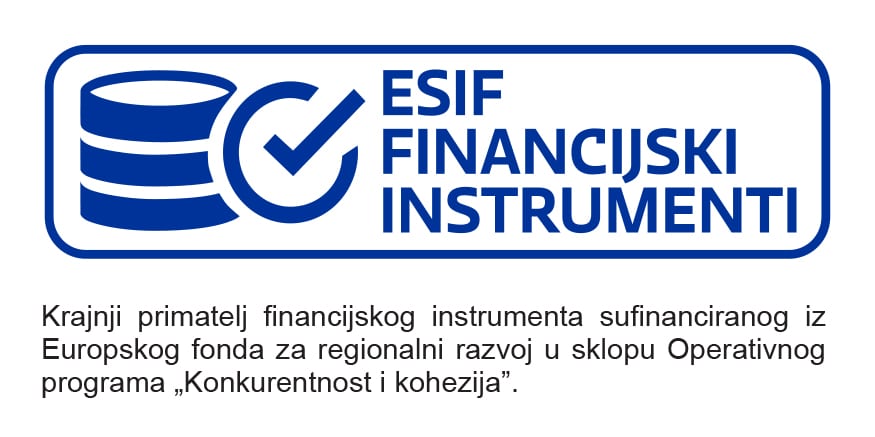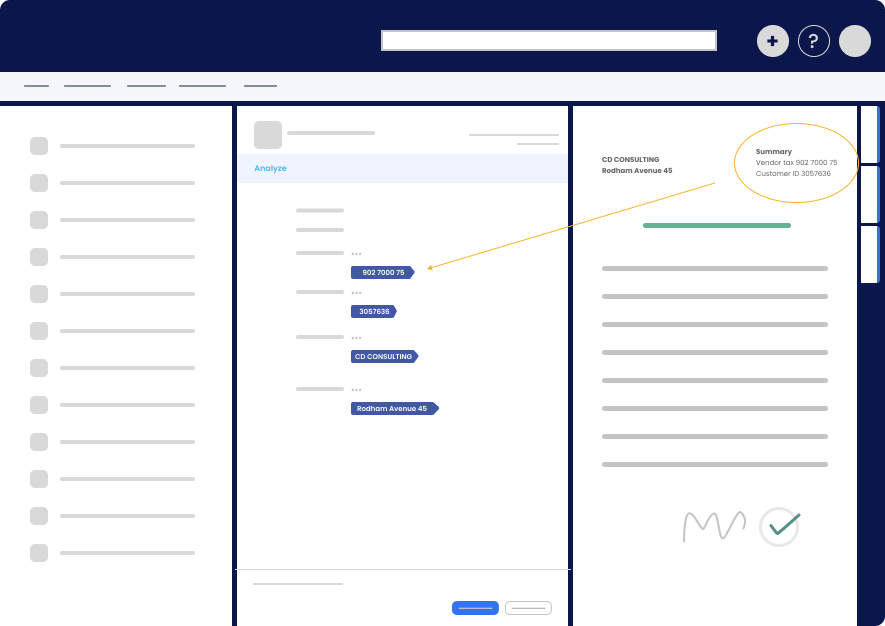Expanding throughout markets and industries results in more and more needs to connect M-Files with other systems, especially legacy systems. Ever since the 2000s, Microsoft has had “a horse in a race” in the integration world – BizTalk Server.
For the past few years, we have witnessed the growing popularity of M-Files. Their global partner network is rapidly expanding. Of course, all the talk surrounding M-files is absolutely justified. Expanding throughout markets and industries results in more and more needs to connect M-Files with other systems, especially legacy systems. Migration from old legacy systems to M-Files is becoming a common need.
Therefore, integration becomes one of the leading trends in terms of market share. However, inadequate integration can affect the whole business greatly. ZDNet sums it up well:
“A poorly-planned integration could result in siloed apps that do not communicate with each other, which wipes out the benefits of using SaaS.”
Ever since the 2000s, Microsoft has had “a horse in a race” in the integration world. Today it is one of the best enterprise integration engines – Microsoft BizTalk Server. With BizTalk you can solve any kind of enterprise integration, and handle any kind of business process.
Microsoft is building quite an impressive (Azure) array, especially in the integration perspective. Microsoft BizTalk engine is the foundation of that array with all functionalities like stability, orchestration, real time processing and a lot of out the box adapters/connectors. The 2020 version of BizTalk Server has the adapter for Logic Apps already included in the installation and can use over a hundred Logic apps connectors.
In the view of the impressive and well-deserved M-Files expansion and Microsoft Integration road map, building a Microsoft BizTalk M-Files adapter was a logical decision for us. In a clever way, with our BizTalk M-Files Adapter all M-Files and Microsoft BizTalk strengths can be easily used.
Connect M-Files and BizTalk

BizTalk M-Files adapter can communicate with Microsoft BizTalk server in both ways: send and receive.
Receive data or files from M-Files
One of primary and certainly the largest M-Files purpose is document management. BizTalk can pull every file, based on search condition, from M-Files, and push it to a different system. For example, we could drag out the files marked for an archive and push files to a blob storage, FTP or to a different file storage. After we pull it, the file property can be updated in M-Files with relevant information.
BizTalk adapter has the option to pull M-Files objects in .xml format to BizTalk. This can be useful for updating other systems with relevant metadata from M-Files. Then M-Files could be used as a central Enterprise Content Management platform.
Check out a use case with Restaurant Chain Management described here.
Send data or files to M-Files
With the growth of different systems, especially with a trend of IoT, data integration has become very popular. Data integration is gathering data from different places, for example from IoT devices and storing it at one place. That place is usually database. With our BizTalk M-Files adapter we can now use M-Files as our centralized place. Objects can be created or updated; files can be pushed to M-Files with their metadata. The opportunity to send any information from anywhere to M-Files offers a variety of new ideas and capabilities.
Read our use case of how to use M-Files as a central place for Travel Orders here.
For more information on BizTalk M-Files Adapter and other integration products check out our M-Files solutions catalog.
If you need a custom-made solution aligned with your business needs and wants, we’re here to help.





